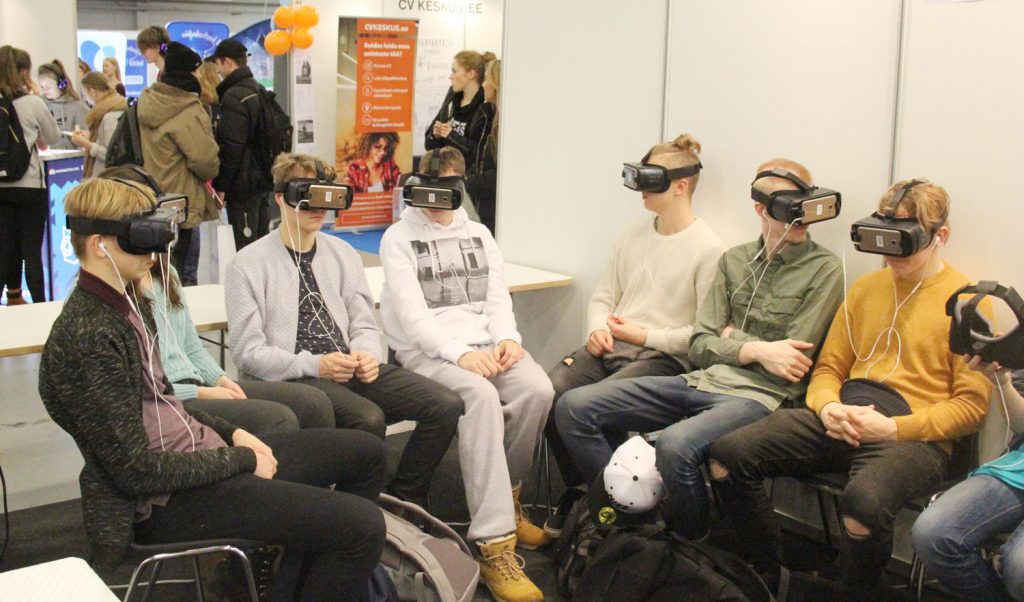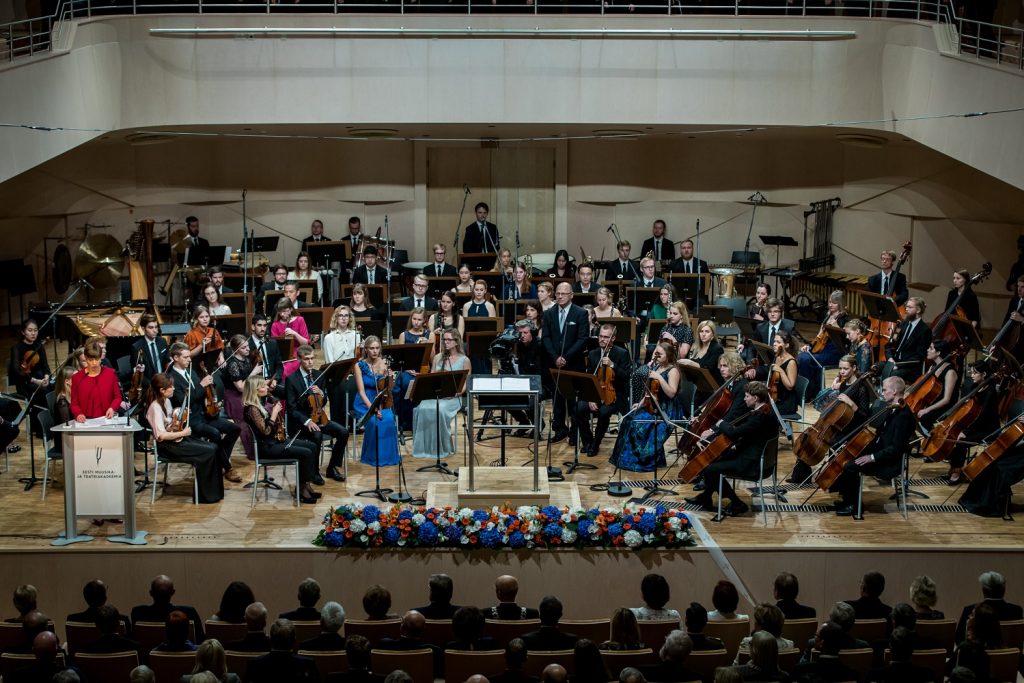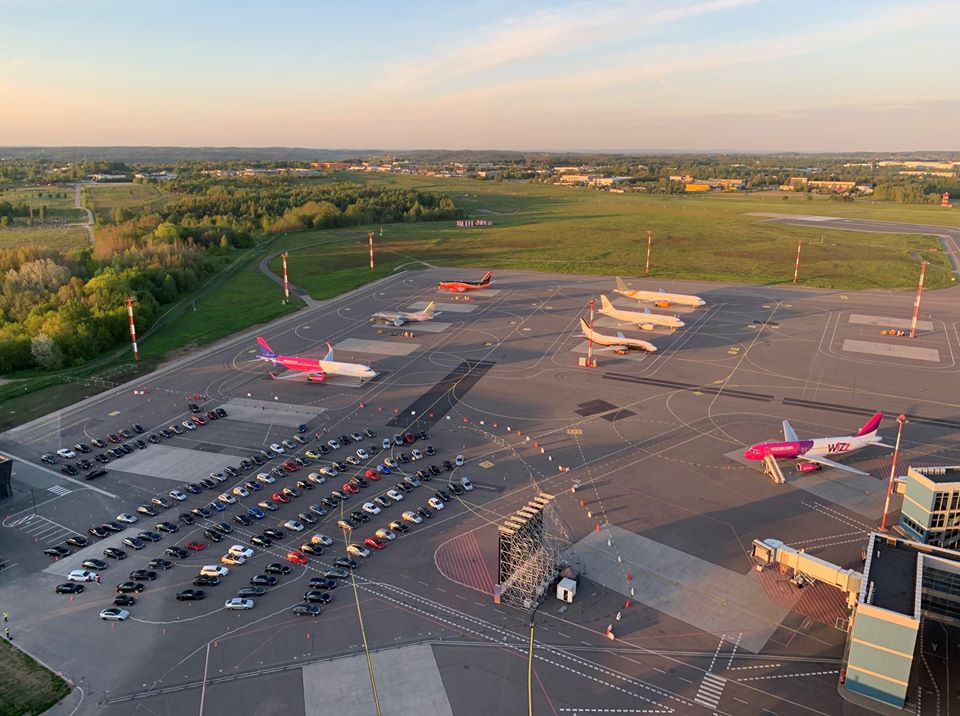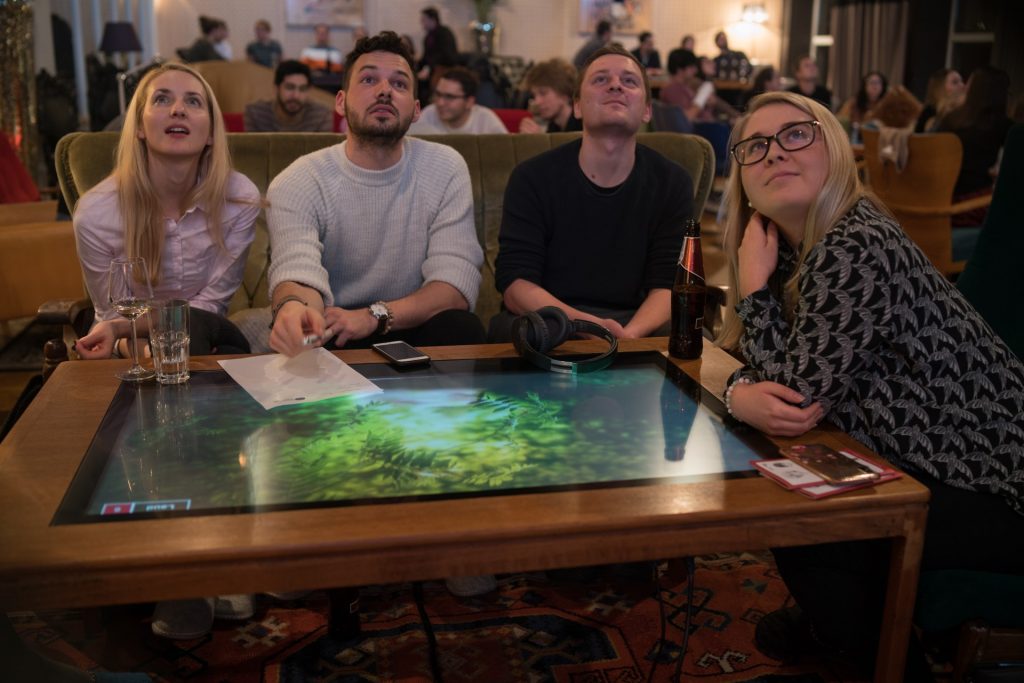Estonian arts manager Merli Antsmaa views the future of the cultural events management as something hybrid – we will go back to the physical events but will use digital solutions; after the coronavirus lockdown and its severe impact on culture and entertainment, the cultural management field needs to adapt and change – how will we see it, what will be the key skills and fields we have to keep in our minds for the future?
Digital competencies
In times like this, people, organisations and artists who have found digital solutions to get their message across have been successful. In the future, the skill of digital literacy will be a much needed for cultural cooperation in addition to budgeting and project preparation. It is certainly important to apply the newly acquired skill and consolidate by using them.
If older organisers do not develop their digital competence, younger colleagues can have a big advantage over them. At the same time, a hybrid of digital and traditional events will become important. The digital invasion also creates a need to value physical cultural events more. In any case, when planning an event in the future, you can think about activities that take place in a special environment and place but are broadcast on media platforms. In any case, the courage to learn new technologies should be encouraged and not to be afraid to use them.

Accessibility
During the lockdown, several Estonian organisations found a way to showcase their events through video and live streaming. These video recordings have provided the opportunity for the deaf to participate in culture, among others.
Museums and other organisations are advised to continue online guided tours. The performances of different theatres should have separate translations for people with hearing disabilities – providing closed captions in Estonian or English (or any other language) will provide an opportunity for wider audiences. Through the possibility to stream a performance at your home will also give the possibility for large families to watch them with one “ticket”. It will bring culture closer to those who would otherwise have found it difficult to reach.
Accessibility is certainly important to keep in mind in cultural management. Although audiences with special needs have been thought of over the years, this audience segment is often left out in the planning phase. It is often a matter of limited budget and higher costs.
If there is a wheelchair space in the concert hall, it seems to be fine. But is the website of the organisation visually impaired? Is it possible to braille the descriptions of the exhibits, for example? Perhaps it is possible to add translated videos and audio descriptions to the website so that the audience can familiarise themselves with additional information if necessary. Much can be done to improve the accessibility of culture.

Safety
The idea of event safety should be and will be updated. If otherwise before it was mainly important to hire security guards to control the audience, as well as the availability of medical care and fire safety, now the focus is definitely on guaranteeing cleaning products and controlling the number of audiences in the event area to reduce the spread of disease. The subject related to safety has been an important part of the cultural management curriculum of the Viljandi Culture Academy in Estonia for many years, but now it is probably necessary to adapt it to the new situation.
The way people think about safety is sure to change. Even if the situation returns to normal, some people prefer not to go to a big event soon, but to observe the situation from a distance.
At the same time, part of the audience is eagerly awaiting the recovery of everything to return to the forefront of the concert. The safety of the event must be reassured to all of them – to those who do not dare to come yet, and to those who will come. The safety of the event must be clearly thought through, written down and explained to the public. In the case of unforeseen events, everyone understands what needs to be done and from whom to ask for information, and a sense of security is maintained that all aspects are intended and addressed.

Flexibility and openness
The emergency situation and the lockdown have certainly taught us flexibility. Those who adapt quickly have been successful. Now, even the biggest sceptics have implemented their ideas as much as possible. The cultural organisation of the future is certainly flexible and open to new ideas.
The special situation has brought exciting and clever solutions to otherwise prohibited activities, such as museum exhibits on the windows or a car cinema on the territory of Vilnius Airport or the Song Festival Grounds in Tallinn. This ingenuity and openness to ideas may continue in the future. If one activity cannot take place due to bad weather, air traffic disruption, the spread of a virus or the like, the future organiser will have several different solutions to offer and the capacity to implement them.
It is predicted that some activities will remain digital, and in the future, there will be more hybrid events, in which case they have returned to the physical event, but digital solutions have also been included.

Structure and analysis
The new reality in the organisation and field of culture must lead to the analysis and arrangement of structures so that in such an emergency situation the system could cope in the future and not collapse again. In each institution, as well as in the field in general, it is necessary to analyse what are the risks, how to avoid them, what to do in a crisis situation, in order to maintain the necessary communication and trust.
In the future, musicians and other artists could also focus on patronage and develop systems that would help keep bigger fans and relationships with them. A good example from Estonia is the jazz club, Philly Joe’s, based in Tallinn, that used the Patreon platform to make just such a patronage system based on permanent donations.
It is necessary for the organisers to communicate and network with each other. During the current months, a huge number of events of various sizes and importance have been cancelled or postponed. Communication helps plan and manage the cultural calendar, because if each event also involves partners (be it a technical partner, a caterer or local choirs and folk dancers), then there is a need to coordinate activities.
The basis of this article was first published at the Estonian-language culture newspaper, Sirp, and the basis for it was a forum titled “Cultural compass: what do we shape the new era of cultural organisation?”
Cover: An Estonishing Evenings event in Tallinn’s Telliskivi Creative City.

